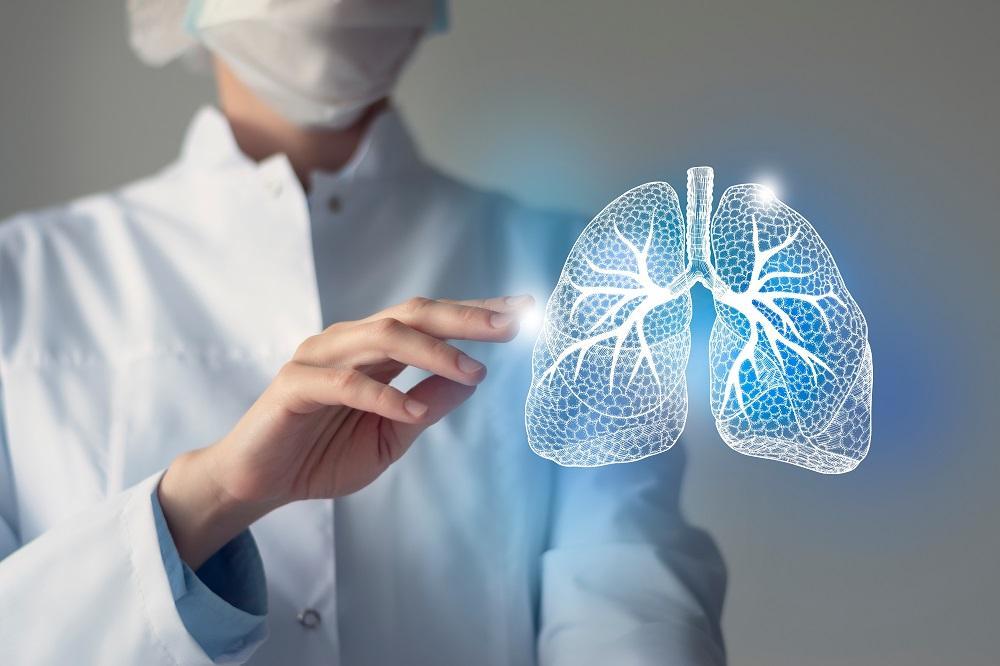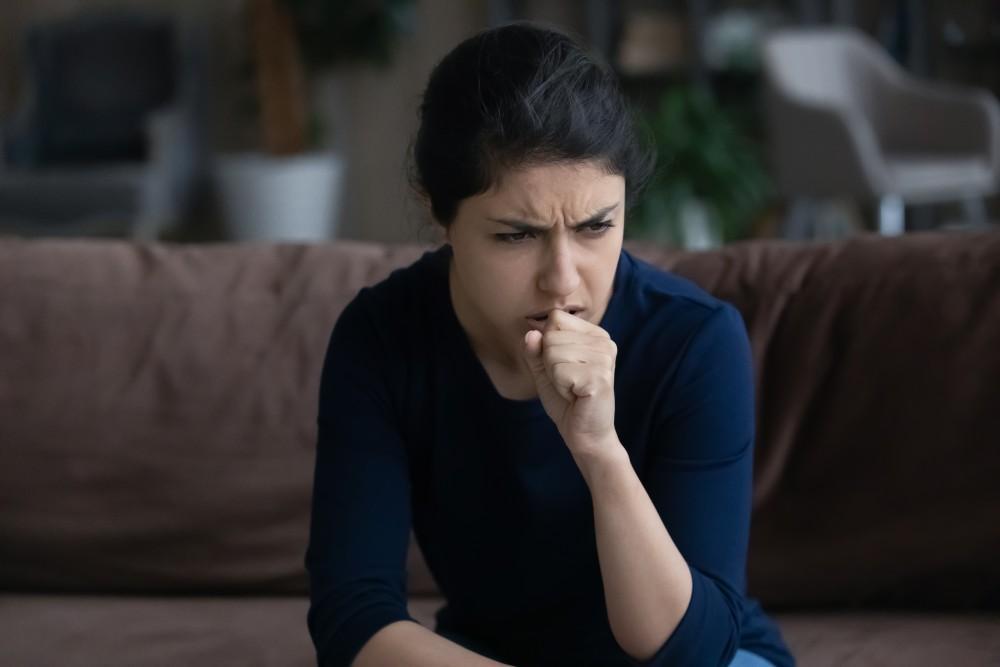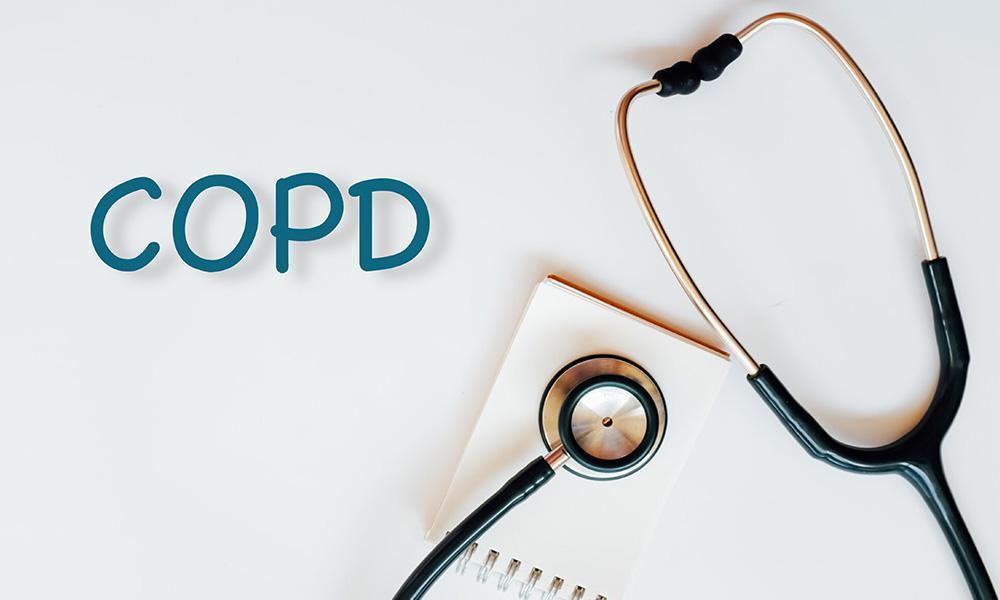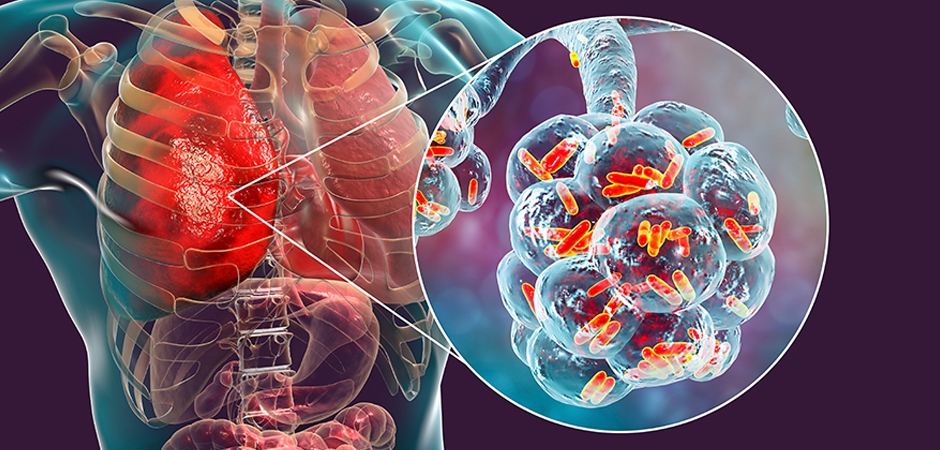A mucus-producing cough that doesn’t improve or repeated chest colds or episodes pneumonia may be signs that you have a lung condition called bronchiectasis. Dr. David Kamelhar at Kamelhar Pulmonology in Midtown East, Manhattan, have helped many patients manage their symptoms, return to an active lifestyle, and prevent worsening of your condition. If you have an ongoing cough, recurring respiratory infections, or significant sputum production, don’t wait to seek help. Call the office in New York City or book an appointment online today.
Bronchiectasis Q & A
What is bronchiectasis?
Bronchiectasis is a chronic lung condition that is a result of permanent damage to and widening of the bronchial tubes, the passages that carry air into your lungs. The disease most often develops when inflammation damages the bronchial walls. It may occur for other reasons as well.
As a result, the walls weaken and cannot do their normal job of removing excess mucus and bacteria from the air as the cilia weaken. One may become more vulnerable to excessive mucus accumulation and to future infections that worsen your condition as further bronchial tube damage may occur.
What causes bronchiectasis?
Bronchiectasis often develops after another lung condition damages the bronchi, such as:
- Pneumonia
- Bronchitis
- Cystic fibrosis
- Bacterial, viral, and fungal infections
- Pulmonary fibrosis
- Chronic obstructive pulmonary disease (COPD)
- Allergic bronchopulmonary aspergillosis
- Chronic pulmonary aspiration where food or liquids enter your lungs
- Sarcoidosis
- Whooping cough
- Tuberculosis
People with inflammatory bowel disease, including ulcerative colitis and Crohn’s Disease, may develop disorders outside the gut, including bronchiectasis. Inherited conditions may also cause bronchiectasis. Most often, the underlying cause is not identifiable other than noting that other family members have bronchiectasis as well. Women are more likely to develop bronchiectasis than men
What symptoms develop due to bronchiectasis?
The primary symptoms of bronchiectasis may include:
- Cough that is dry
- Cough that brings up mucus
- Recurrent lung infections
- Blood in your mucus
- Shortness of breath
- Wheezing
- Chest pain on deep breathing
- Fatigue
- Weight loss
Though bronchiectasis is a lifelong and potentially progressive condition, your symptoms are controllable. It is important to note that simple exercises may halt the progression of bronchiectasis and keep it from getting worse. However, many patients have occasional flare-ups when their coughing, mucus production, and shortness of breath worsen.
How is bronchiectasis treated?
Utilizing a program piloted by Dr. David Kamelhar over his forty years of interest in bronchiectasis, Kamelhar Pulmonology performs a thorough evaluation that includes reviewing your medical history, taking blood tests, performing pulmonary function tests, and reviewing imaging studies, including past and current chest CT scans. He is nationally and internationally recognized for his expertise in bronchiectasis management.
Sputum analysis is undertaken to pinpoint specific bacteria or fungi that may be present, including Staph, Pseudomonas, mycobacteria, and others. If you have bronchiectasis, your treatment focuses on preventing infections and eliminating mucus accumulation.
It is well recognized that the “vicious cycle” hypothesis of airway infection and damage applies: bronchiectasis tends to worsen over time if not carefully managed.
- Airway clearance devices and breathing exercises (These are the mainstay of management)
- Mucus-thinning medications
- Saline inhalation
- Proper hydration
- Physical exercise
- Stopping smoking
- Following a healthy diet
- Flu and pneumococcal vaccinations
As Co-Director of the Bronchiectasis Program at NYU Langone Health, Dr. David Kamelhar is a nationally recognized expert in both diagnostic and therapeutic aspects of caring for patients with all causes and degrees of bronchiectasis, from mild to advanced. He can direct you to various treatment programs as well as introduce you to various Clinical Trials being conducted at NYU Langone. He will coordinate a customized program for you that both thoroughly investigates the factors causing and contributing to your bronchiectasis and that minimizes daily symptoms and exacerbations or flare-ups of your disease. This approach will help to prevent your bronchiectasis from getting worse in the future.
If you have an ongoing mucus-producing cough or frequent respiratory infections call Kamelhar Pulmonology or book an appointment.







